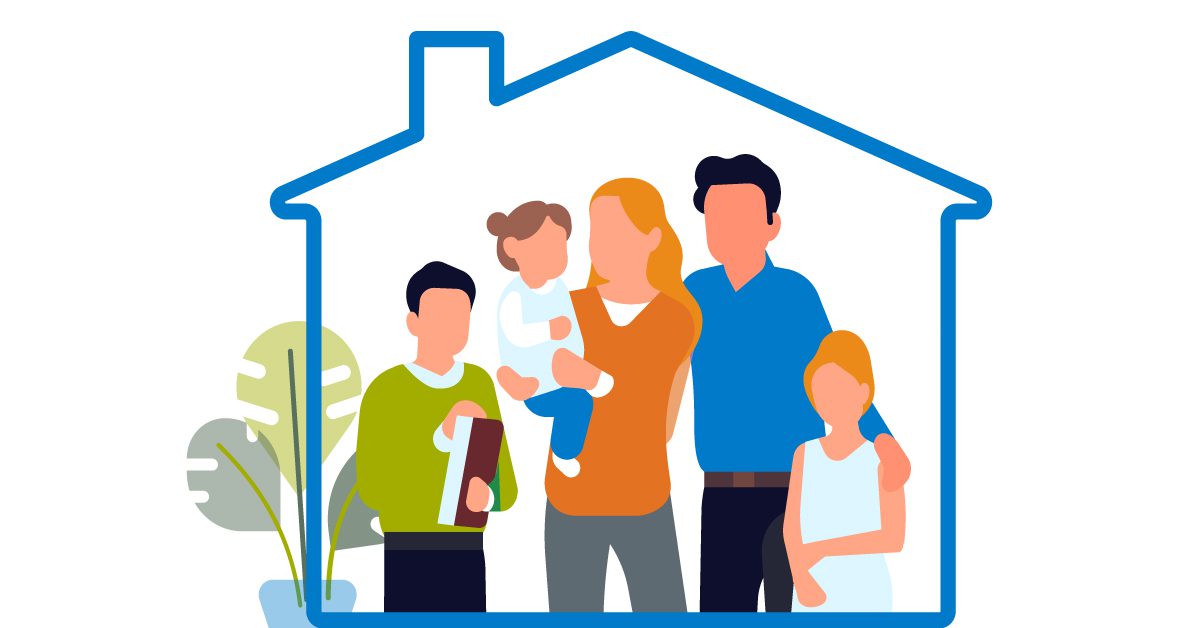
Parents Weigh in on Childhood Obesity in New Survey
The American Academy of Pediatrics wants parents to take action if their child is obese. A person is considered obese if they have a body mass index (BMI) of over 30. The association’s new guidelines recommend that parents with obese children as young as two-years-old go through intensive health behavior and lifestyle treatment. It also recommends weight loss drugs for kids as young as 12 and surgery for kids 13 or older.
How do parents feel about this? In our survey, parents revealed some of their biggest struggles while trying to keep both their children and themselves healthy. New statistics show many are open to considering weight loss medication or even surgery for their kids.
Biggest Challenges with Keeping Kids Healthy
 Nearly 2 in 5 (38%) parents would consider weight loss medication for their child if they became obese. Parents agreed with the recommendation from the American Academy of Pediatrics, noting the youngest age they’d start medication would be 12.
Nearly 2 in 5 (38%) parents would consider weight loss medication for their child if they became obese. Parents agreed with the recommendation from the American Academy of Pediatrics, noting the youngest age they’d start medication would be 12.
Meanwhile, about 1 in 6 (16%) parents would contemplate weight loss surgery for an obese child. However, parents would not consider this surgery until their child was an average age of 15, rather than the association’s recommended age of 13.
There are a lot of challenges to being healthy, but most (63%) parents agreed the biggest hurdle in 2023 is screen time. In fact, 53% feel technology makes it hard for their kids to stay healthy. Others noted getting kids to eat healthy foods or get a good night’s sleep is also a struggle.
Talking to Kids About Healthy Eating
 Nearly 1 in 3 (28%) parents don’t feel like they’re setting a good example when it comes to healthy eating. While 83% try to make healthy home-cooked meals, about 2 in 5 (39%) families eat fast food at least once a week. On average, families go out to eat for about 5 meals a month.
Nearly 1 in 3 (28%) parents don’t feel like they’re setting a good example when it comes to healthy eating. While 83% try to make healthy home-cooked meals, about 2 in 5 (39%) families eat fast food at least once a week. On average, families go out to eat for about 5 meals a month.
One of the top reasons parents don’t cook at home is because more than half (51%) are just plain tired. For 54% it’s more convenient to eat out, and 38% don’t have enough time in the day to figure out groceries and food.
While parents struggle to talk about weight with their children, many also struggle to talk about food too. 1 in 3 have called food like desserts ‘bad’ in front of their children, and 34% have talked negatively about their bodies while their kids were around.
How Tech Helps (or Hurts) Kid’s Health
 While 1 in 4 exercise with their children, many parents feel like they’re dropping the ball when it comes to staying active. Nearly 2 in 5 (38%) believe they set a bad example about working out.
While 1 in 4 exercise with their children, many parents feel like they’re dropping the ball when it comes to staying active. Nearly 2 in 5 (38%) believe they set a bad example about working out.
When it comes to technology, more than half (56%) limit screen time for their children, but some are trying to use tech for good! More than 1 in 10 (11%) have gotten fitness trackers for their children. On average, parents have gotten fitness trackers for their kids when they turned 10.
Most (81%) parents use trackers to monitor their child’s physical activity, but 46% check their child’s heart rate, 39% look at sleep patterns, and 32% track location.
While 50% believe fitness trackers positively impact their kid’s health, 32% of parents feel health-tracking technology is making kids too obsessed with their weight. Some also worry about cybersecurity. Of the parents who have gotten fitness trackers, 11% are worried about hackers getting their child’s healthcare data.
Either way, parents are trying their best to find interesting ways to promote an active lifestyle. It’s a difficult job encouraging kids to keep moving and eat healthy in a world where so much is online. Our advice to parents? Just take it one day at a time. Don’t beat yourself up if you have a day filled with more screen time or fast food than you’d have liked. Tomorrow is a new day! Here’s to a healthier 2023.
Methodology
In January 2023, we surveyed 1,063 parents of kids ranging in age from newborns to 18 years old. 47% identified as men, 52% as women, and 1% as non-binary. Respondents ranged in age from 20 to 63 with an average age of 37. 34% were stay-at-home parents and 66% were not. Parents had an average of two children. 29% of kids range in age from newborns to 3 years old, 32% ages 4-8, 20% ages 9-12, and 19% ages 13-18.
For media inquiries, please contact media@digitalthirdcoast.net.
Fair Use
When using this data and research, please attribute by linking to this study and citing Harmony Healthcare IT






